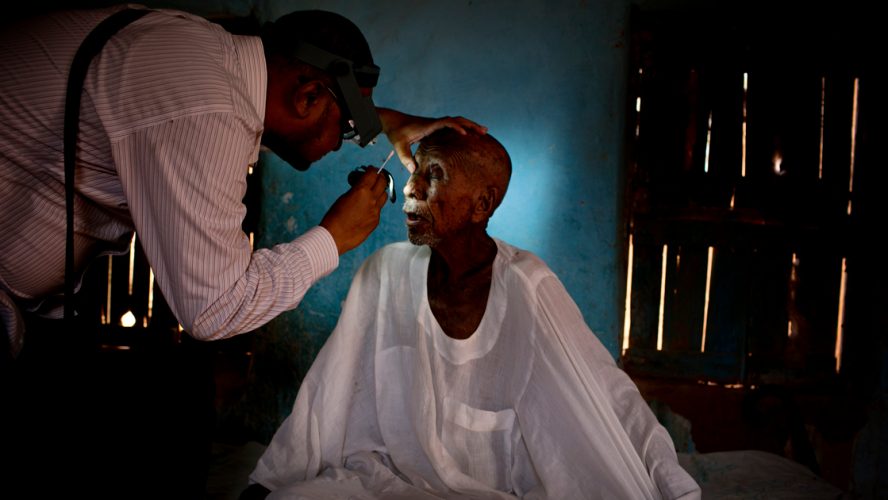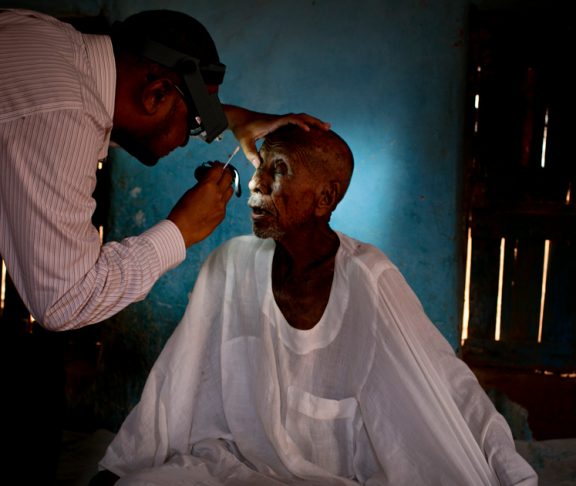
Bruce Gordon
Coordinator, Water, Sanitation, Hygiene and Health Unit, World Health Organization
Neglected Tropical Diseases affect the most vulnerable populations
Millions of people in the world continue to suffer from illness and death linked to inadequate water, sanitation and hygiene (WASH).
Neglected tropical diseases (NTDs), which affect more than 1 billion people, thrive among the poorest and most vulnerable populations – the same populations who often lack basic WASH services.
WASH is essential for preventing diseases like trachoma, soil-transmitted helminthiases and schistosomiasis as well as for managing related morbidity.
At least 2 billion people in the world drink water contaminated with faeces and 673 million continue to defecate in the open.
Climate change may increase the spread of many NTDs including dengue and other vector borne disease linked to inadequate water management.
Large inequalities in access to WASH persist. At least 2 billion people in the world drink water contaminated with faeces and 673 million continue to defecate in the open.
Well-targeted WASH efforts to communities who suffer from or are most at risk from NTDs are essential to reach the most vulnerable populations. Working collaboratively across sectors is needed to reduce inequalities and achieve the 2030 Agenda ambition of leaving no one behind.
Collaboration between WASH and NTD actors: review of the past five years
Over the past five years, WHO and partners have mobilised the WASH community to accelerate and sustain efforts to control and eliminate NTDs through a Global Strategy on WASH and NTDs. Later the publication of a toolkit, developed jointly with the NTD NGO Network (NNN) was released, to help health and WASH partners with the practicalities of working together.
The toolkit has been used in more than 15 countries across sub-Saharan Africa and Asia and encouraging examples of successful joint work have emerged.
Lao PDR and Cambodia have led coordinated implementation of mass drug administration, water safety planning and nutrition interventions to eliminate schistosomiasis among highly endemic communities.
Some countries like Ethiopia have developed national and local guidelines to support resourcing, planning and monitoring of joint interventions and many countries have initiated joint situation analyses and planning.
While significant progress has been made, efforts have not been without challenges. Working across sectors can be difficult due to differing priorities, funding streams, and communication.
Looking ahead: accelerating WASH efforts to combat NTDs
Looking ahead, a new 2030 Global NTD Roadmap setting new targets and milestones for NTD control, elimination and eradication beyond 2020 will soon be released with WASH featuring even more prominently as a key multisectoral action to manage morbidity, reduce infections and to ensure diseases don’t return when disease control interventions like mass-drug administration eventually scale back.
The roadmap will be accompanied by a revised WASH-NTD Strategy 2021-2030. Continued partnerships with the new roadmap and strategy to set the agenda, maintain visibility and political will combined with the toolkit and learning from implementation to drive action in countries is more important than ever to improve the health and reduce poverty among the most underserved population.

